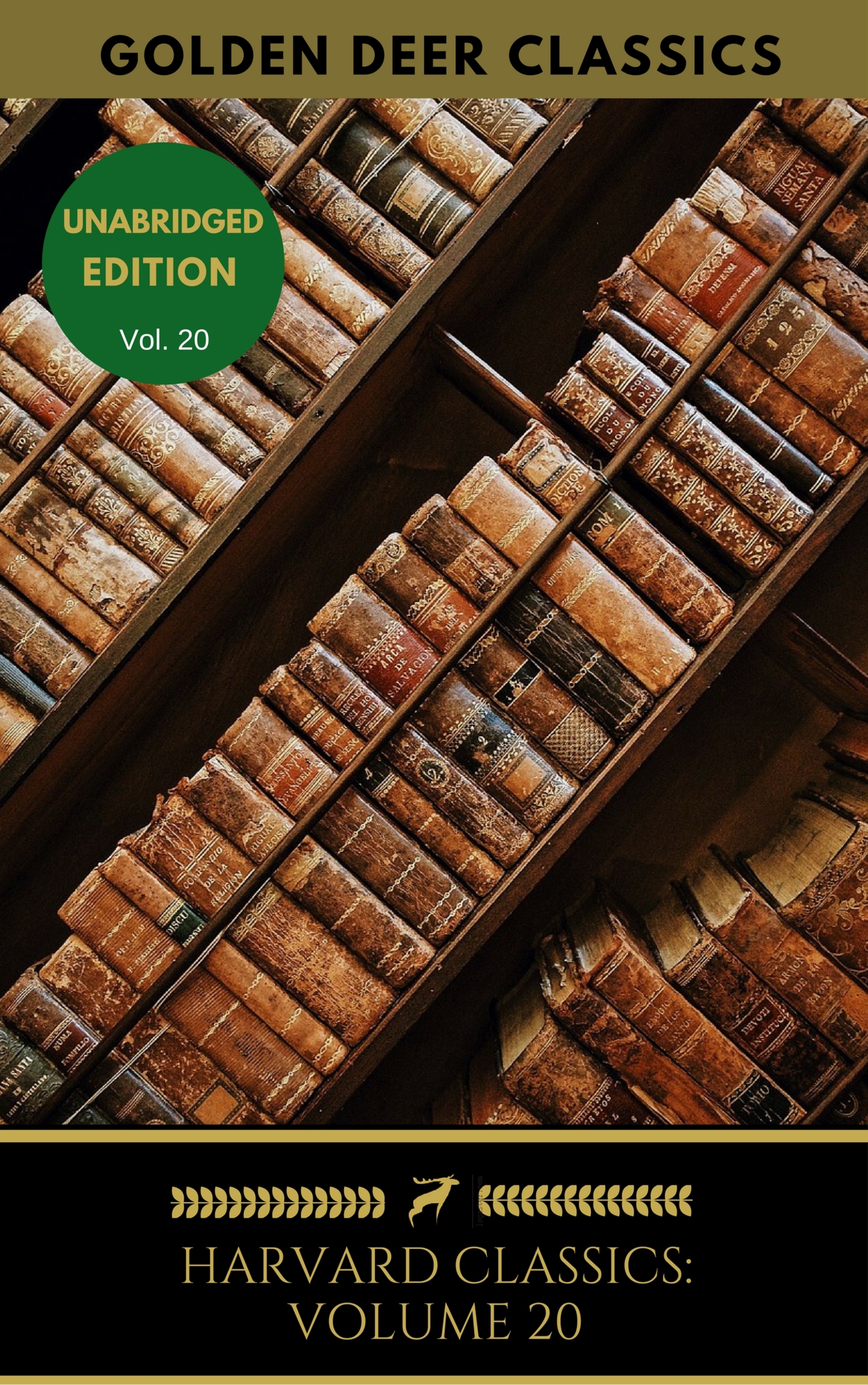the other, great of soul, near whom
I yet was station’d, changed not countenance stern,
Nor moved the neck, nor bent his ribbed side.
“And if,” continuing the first discourse,
“They in this art,” he cried, “small skill have shown;
That doth torment me more e’en than this bed.
But not yet fifty times[66] shall be relumed
Her aspect, who reigns here queen of this realm,[67]
Ere thou shalt know the full weight of that art.
So to the pleasant world mayst thou return,
As thou shalt tell me why, in all their laws,
Against my kin this people is so fell.”
“The slaughter[68] and great havoc,” I replied,
“That color’d Arbia’s flood with crimson stain—
To these impute, that in our hallow’d dome
Such orisons[69] ascend.” Sighing he shook
The head, then thus resumed: “In that affray
I stood not singly, nor, without just cause,
Assuredly, should with the rest have stirr’d;
But singly there I stood,[70] when, by consent
Of all, Florence had to the ground been razed,
The one who openly forbade the deed.”
“So may thy lineage find at last repose,”
I thus adjured him, “as thou solve this knot,
Which now involves my mind. If right I hear,
Ye seem to view beforehand that which time
Leads with him, of the present uninform’d.”
“We view, as one who hath an evil sight,”
He answer’d, “plainly, objects far remote;
So much of his large splendor yet imparts
The Almighty Ruler: but when they approach,
Or actually exist, our intellect
Then wholly fails; nor of your human state,
Except what others bring us, know we aught.
Hence therefore mayst thou understand, that all
Our knowledge in that instant shall expire,
When on futurity the portals close.”
Then conscious of my fault,[71] and by remorse
Smitten, I added thus: “Now shalt thou say
To him there fallen, that his offspring still
Is to the living join’d; and bid him know,
That if from answer, silent, I abstain’d,
’Twas that my thought was occupied, intent
Upon that error, which thy help hath solved.”
But now my master summoning me back
I heard, and with more eager haste besought
The spirit to inform me, who with him
Partook his lot. He answer thus return’d:
“More than a thousand with me here are laid.
Within is Frederick,[72] second of that name,
And the Lord Cardinal,[73] and of the rest
I speak not.” He, this said, from sight withdrew.
But I my steps toward the ancient bard
Reverting, ruminated on the words
Betokening me such ill. Onward he moved,
And thus, in going, question’d: “Whence the amaze
That holds thy senses wrapt?” I satisfied
The inquiry, and the sage enjoin’d me straight:
“Let thy safe memory store what thou hast heard,
To thee importing harm; and note thou this,”
With his raised finger bidding me take heed,
“When thou shalt stand before her gracious beam,[74]
Whose bright eye all surveys, she of thy life
The future tenor will to thee unfold.”
Forthwith he to the left hand turn’d his feet:
We left the wall, and toward the middle space
Went by a path that to a valley strikes,
Which e’en thus high exhaled its noisome steam.
Canto XI
Argument.—Dante arrives at the verge of a rocky precipice which encloses the seventh circle, where he sees the sepulchre of Anastasius the Heretic; behind the lid of which pausing a little, to make himself capable by degrees of enduring the fetid smell that steamed upward from the abyss, he is instructed by Virgil concerning the manner in which the three following circles are disposed, and what description of sinners is punished in each. He then inquires the reason why the carnal, the gluttonous, the avaricious and prodigal, the wrathful and gloomy, suffer not their punishments within the city of Dis. He next asks how the crime of usury is an offence against God; and at length the two Poets go toward the place from whence a passage leads down to the seventh circle.
Upon the utmost verge of a high bank,
By craggy rocks environ’d round, we came.
Where woes beneath, more cruel yet, were stow’d:
And here, to shun the horrible excess
Of fetid exhalation upward cast
From the profound abyss, behind the lid
Of a great monument we stood retired,
Whereon this scroll I mark’d: “I have in charge
Pope Anastasius,[75] whom Photinus drew
From the right path.” “Ere our descent, behoves
We make delay, that somewhat first the sense,
To the dire breath accustom’d, afterward
Regard it not.” My master thus; to whom
Answering I spake: “Some compensation find,
That the time pass not wholly lost.” He then:
“Lo! how my thoughts e’en to thy wishes tend.
My son! within these rocks,” he thus began,
“Are three close circles in gradation placed,
As these which now thou leavest. Each one is full
Of spirits accurst; but that the sight alone
Hereafter may suffice thee, listen how
And for what cause in durance they abide.
“Of all malicious act abhorr’d in Heaven,
The end is injury; and all such end
Either by force or fraud works other’s woe.
But fraud, because of man’s peculiar evil,
To God is more displeasing; and beneath,
The fraudulent are therefore doom’d
